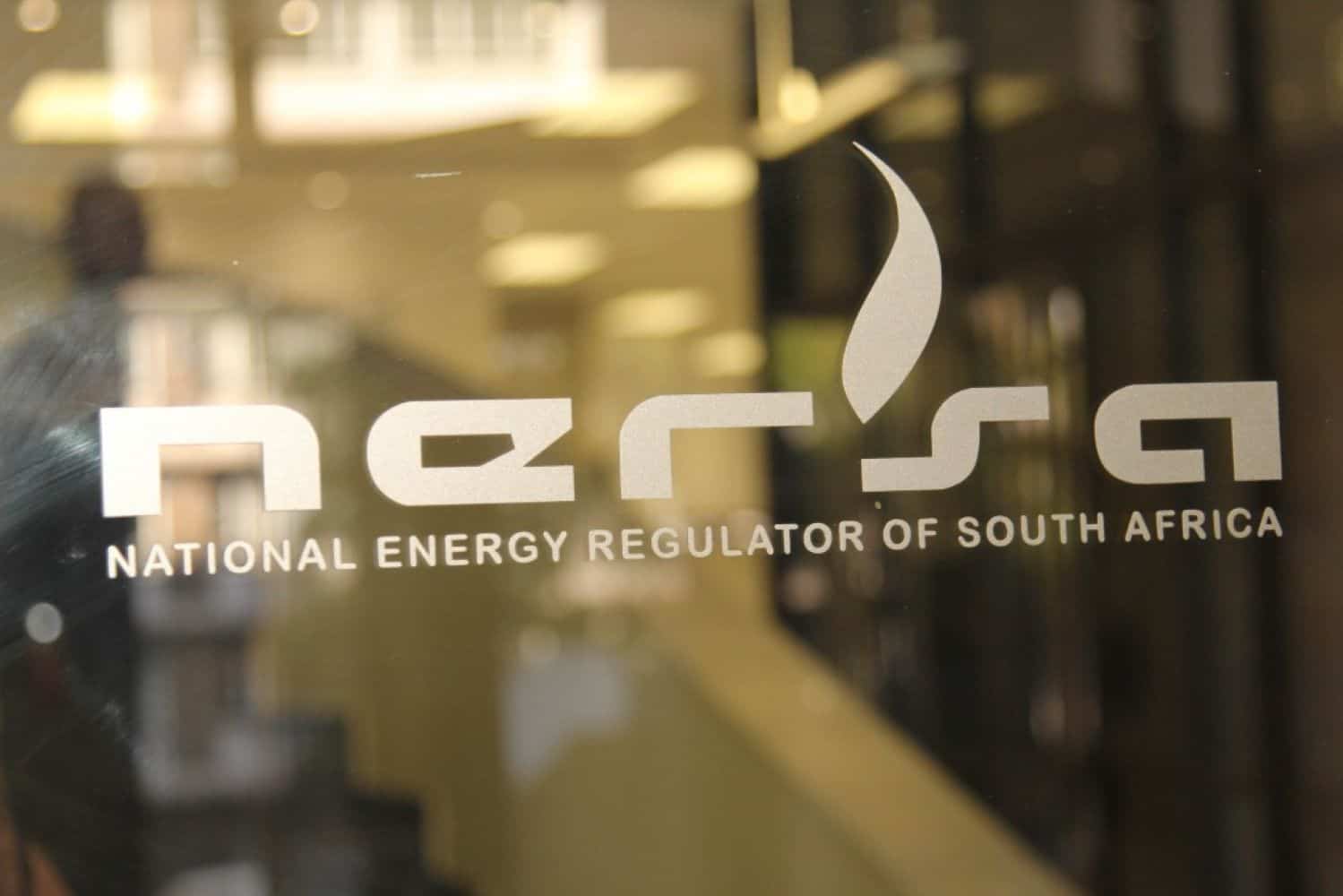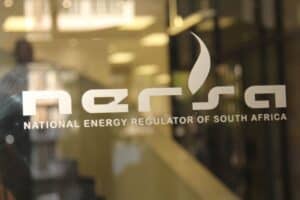Case moved to ‘opposed roll’ following intervention application.

Eskom and the energy regulator Nersa’s plan to have a R54 billion settlement made an order of the high court on 7 October had to change after civil rights group AfriForum filed an application to intervene.
The settlement, reached behind closed doors in August, followed Eskom’s challenge to Nersa’s determination of its tariffs for the current and next two financial years on judicial review, accusing Nersa of making mistakes.
After Moneyweb revealed that a settlement was reached, the regulator admitted to the mistakes and disclosed the full extent of the settlement.
Nersa has not yet publicly communicated another R40 billion settlement reached with Eskom in May, which consumers will also have to fund.
AfriForum says it wants to join the case on behalf of its 300 000 members and in the interest of the general public, since the settlement will have an impact on virtually every person and business in the country.
ALSO READ: Nersa admits R54 billion error first identified in January but never rectified
Consumers will pay
Nersa has already indicated that additional tariff increases will be implemented in the next two financial years to recover a portion of the R54 billion.
According to Nersa’s decision in January this year, Eskom’s tariffs increased by an average of 12.74% on 1 April. They were supposed to rise by 5.36% next year and 6.19% the year thereafter.
If the settlement is implemented, the increases for the next two years will be higher – 8.76% in 2026/27 and 8.83% in 2027/28. The increases take effect on 1 April of each year.
Further tariff increases will have to follow in subsequent years to recover the full R54 billion.
There is no clarity as yet on the timing of the recovery of the R40 billion Eskom is entitled to under the May settlement.
ALSO READ: Consumers pay for Nersa’s mistake
Lack of public consultation ‘unacceptable’
AfriForum argues in court papers that it is unacceptable for the public not to be consulted on a decision that has such a major impact on households and businesses.
Deidré Steffens, a municipal affairs advisor at AfriForum, said in an affidavit that the organisation became aware of the settlement between Eskom and Nersa through media reports.
AfriForum raised its concerns in a letter to Eskom’s lawyers. It questioned the legality of the settlement itself, its terms, the basis on which it was reached, the rationale behind it, and the manner in which the terms were agreed upon.
“Such a settlement appears to have been concluded in a manner that a court may consider to have been procedurally unlawful, unfair, irrational, and unreasonable, particularly in light of the lack of transparency,” AfriForum told Eskom.
AfriForum points out that consumers are normally allowed to make inputs before Nersa takes a decision on electricity tariffs.
The organisation and many others strongly objected to the steep increases Eskom wanted before the January decision, and in the end Nersa approved significantly smaller hikes.
However, the public has had no insight into Eskom’s reasons for challenging the tariff decision or the basis of the settlement.
“It appears that fundamental safeguards have not been observed and met regarding the manner in which the settlement was concluded,” AfriForum says, adding that such a process may not take place without public oversight.
ALSO READ: Electricity tariff fears cutting across all income groups: One key area needs to be addressed
Eskom’s response
Eskom responded in a letter, stating:
“Neither AfriForum nor the public at large have a right to veto the settlement of the 7 October review.”
The power utility acknowledged that the court must satisfy itself that the settlement is appropriate and lawful.
“That does not, however, require a process in which the views of the public (including AfriForum), who are not a partys [sic] to the litigation, are solicited before any order may be made.”
Eskom expressed its opposition to AfriForum joining the matter and said the organisation would have to bring a formal application. It further threatened to seek a punitive cost order against AfriForum should its application fail.
ALSO READ: Nersa blunder on Eskom’s electricity tariffs triggers public backlash
Intervention
In her affidavit supporting the formal application to intervene, Steffens says Nersa, when setting tariffs, must balance affordability for households and businesses with the sustainability of electricity suppliers.
“The R54 billion settlement does not conform to these principles of balance and fairness,” she says, accusing Nersa of acting beyond its mandate.
The regulator’s decision to enter into the settlement must meet the requirements of administrative justice and legality – which means that those affected must be given an opportunity to make representations and that the process must be fair, says Steffens.
She says AfriForum wants the opportunity to make submissions on the remedy the court may impose. She raises questions about Nersa’s effectiveness as a regulator and its accountability.
Because Nersa did not file an answering affidavit in the matter, there is no transparency about whether Nersa actually made mistakes, how and why they occurred, or what is being done to prevent a recurrence.
“The absence of Nersa’s version increases concern over the content of the settlement agreement,” says Steffens.
“There should be some form of consequence management on Nersa’s part,” she adds. “Until then, another type of structural intervention or judicial oversight might be proposed.”
She also says parliament should urgently examine the regulatory framework and Eskom’s financial model – and that until affordability and impact studies are conducted, Eskom’s tariff increases should be limited to a level equal to the inflation rate.
ALSO READ: Nersa confirms R54bn secret settlement with Eskom, consumers to pay
What happened here?
According to Steffens, Eskom initially asked the court to refer the tariff determination back to Nersa for redetermination.
Had that happened, the public would have had a chance to make inputs.
“The settlement agreement has circumvented [and] sidesteps this process.”
She adds: “Nersa’s decision to settle the matter outside the normal public participation process raises serious concerns about transparency and accountability. The general public cannot expect to bear the burden of higher tariffs negotiated behind closed doors, while their voices regarding impact and affordability are excluded.”
This article was republished from Moneyweb. Read the original here.






